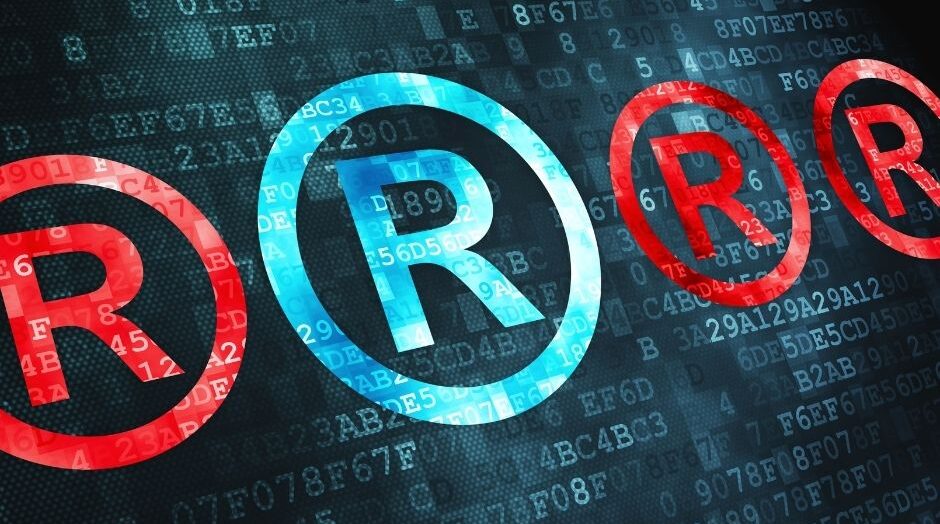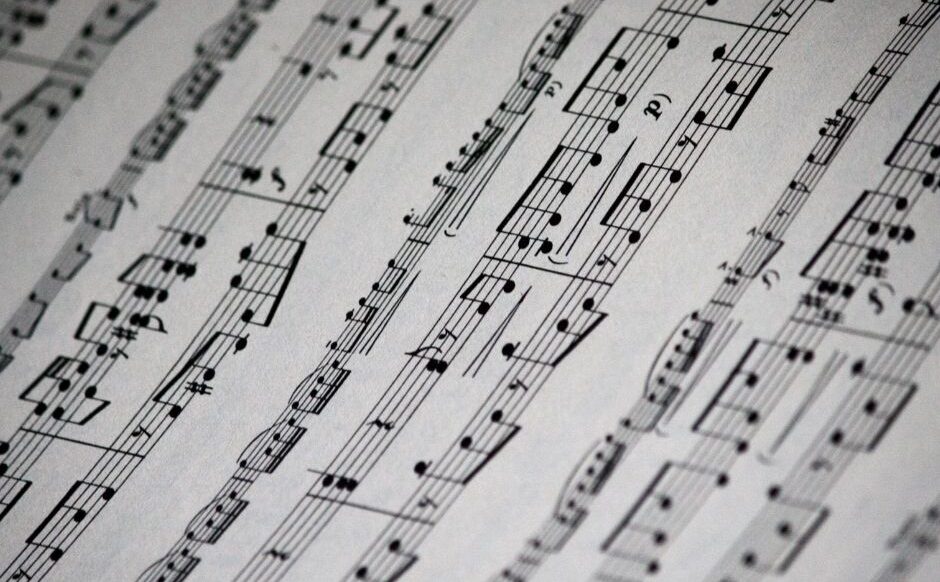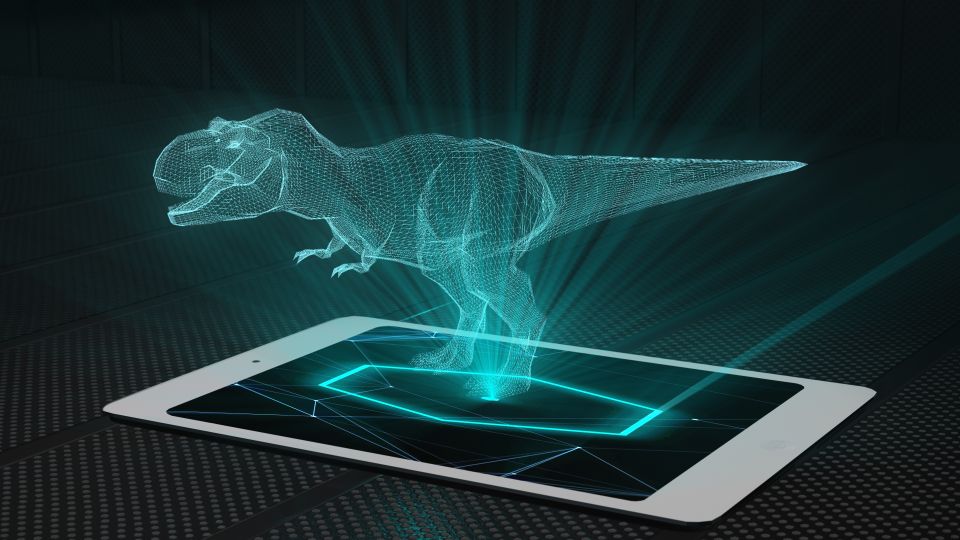On 18th October 2017, Apple was sued for infringement of protection rights for the trademark Animoji registered in the name of a Japanese entrepreneur.
Recently, a worldwide premiere of a new iPhone has taken place. The product named “iPhone X” has raised controversies mainly because of its price and the function of unblocking the phone by means of recognizing the user’s face. As far as the price of this new device is the issue of secondary importance for the true lovers of Apple’s products, the function of recognizing the user’s face is not.
As the manufacturer has informed at his website: now Your Face is Your password to give you the access. One can read further at the website that the function called “Face ID” sets over 30.000 invisible points at the user’s face and then makes their analysis, thus creating a precise depth map of the face. The map of Your face is encrypted and safely stored in the area called Secure Enclave [from apple.com/pl].
Personally, I would rather say “big thank you” to this kind of safety. I fear to think in what dangerous ways the imaging of our faces could be used?
So far Apple has been advertising the Face ID function under its more pleasant version which is called Animoji.

Apple’s Animoji, using the Face ID function, allows to present the movements and expressions of human face as emoticons of “sweet” animals. The idea by itself is very interesting, but the problem is that the term “Animoji” turned out to be a registered trademark of another party.
The trademark Animoji was registered in the name of the company Emonster KK for computer software for mobile phones […] and portable computers, namely the software for animation, transformation and transmission of images, so exactly for the same function as that presented by Apple. The Animoji Application of the company Emonster KK is destined for sending animated messages and e-mails, and since 2014 it has even been available in the App Store.
The reaction of the trademark owner
On 18th October 2017 the present owner of the trademark Animoji, the company Emonster KK along with its founder – Enrique Bonansea, filed a statement of claim against Apple, referring to trademark infringement and unfair competition.
As it was argued by the owner of the trademark Animoji in the statement of claim, Apple had intentionally infringed the right to this trademark, as it had been aware that the application Animoji was available in App. Store. Within 3 years the application has been downloaded over 18 thousand times, and out of this number it has been downloaded over 5 thousand times in the United States.

In the statement of claim, Emonster KK and Enrique Bonansea requested among others that Apple and its representatives and employees should be prohibited from using in business turnover the designation Animoji or any other similar marks, Emonster KK should be awarded damages and a reimbursement of costs of the court proceedings from Apple, and Apple should also be ordered to return the profits which it obtained as a result of unauthorized use of another party’s trademark.
Other facts
In summer 2017, the founder of Emonster KK, Enrique Bonansea, was approached by the company The Emoji Law Group LLC with an offer of purchasing the trademark Animoji. When Enrique Bonansea refused to sell the mark, The Emoji Law Group LLC allegedly threatened that they would instigate the proceedings for cancellation of the subject trademark. In the above mentioned statement of claim, the owner of the trademark Animoji states that according to his knowledge, The Emoji Law Group LLC was contacting him on behalf of Apple.
At the same time, in summer 2017, Enrique Bonansea contacted Apple App Store requesting a removal from the store of all applications including similar names to the name Animoji, basing his claims on reference to trademark infringement. Many owners of those applications voluntarily removed them from App Store, and Apple ? acting as the administrator of the store ? removed one more application due to having admitted the infringement of the trademark Animoji.
One day before the worldwide premiere of “iPhone X”, which took place on 11th September 2017, Apple had filed a request for cancellation of the trademark Animoji in the Patent and Trademark Office of the United States, referring to the incorrectness that the initial Applicant of the trademark Animoji – the company Emonster, Inc. also belonging to Enrique Bonansea, had already not existed on the date of application of the mark.
Emonster KK, in reply to such allegation, reacted by filing a request for making a correction of data of the owner of the trademark Animoji, and also for the sake of its own safety, also filed a new application in its own name for granting a right of protection for the trademark Animoji, basing on prior use of the mark as from 22nd July 2014.
Although the request for correction of data of the owner of the trademark Animoji had met with refusal of the U.S. Patent and Trademark Office due to the on-going proceedings for cancellation of the mark, the proceedings for granting a right of protection for the trademark Animoji on the basis of prior use are still pending.
Amicable Settlement within a week?
According to the most recent information, on 25th October 2017 Enrique Bonansea and Emonster KK most likely filed in the court a notification about withdrawal of the statement of claim. On the other hand, according to the files available at the website of the U.S. Patent and Trademark Office, on 26th October 2017 the company Apple withdrew the request for cancellation of the trademark Animoji. The above information implies that the Parties have reached an agreement and probably Apple has purchased the trademarks Animoji.
It is rather a rarity that a world-famous company such as Apple is sued by a third party. The dispute between Apple and Emonster KK has become the subject of great interest worldwide, however it seems that the parties have concluded a settlement agreement and the dispute has been ended quickly and effectively. However, it is still necessary to wait for an official confirmation of ending the dispute and withdrawal of the statement of claim.
The role of the territory
Trademark is a tool, which enables the owner to protect his intellectual property in a specifically determined territory.
The trademark Animoji was registered in the United States, so it is the territory where the mark is protected. This means that the owner may enforce his rights resulting from registration, but mainly in the territory of that country.
Bearing in mind the above conflict and having some future perspective, on 13th September 2017 Apple filed in the European Union Intellectual Property Office an application for registration of Animoji as the trademark of the European Union.
Due to the territorial character of trademark protection, if the parties of the above discussed conflict had not reached an agreement, Apple would most likely have obtained registration for the trademark Animoji in the European Union without obstacles.
photos:
- https://www.theverge.com/2017/9/12/16290210/new-iphone-emoji-animated-animoji-apple-ios-11-update
- s.5 pozwu EMONSTER KK. I ENRIQUE BONANSEA przeciwko Apple Inc., Case 3:17-cv-05986

Nina Zabielska (Jankowska) is a patent attorney in Trademark and Industrial Design Department at Patpol.. She is a graduate of e-business at the Warsaw School of Economics and a graduate of law at the Kozminski University. Contact with the author













